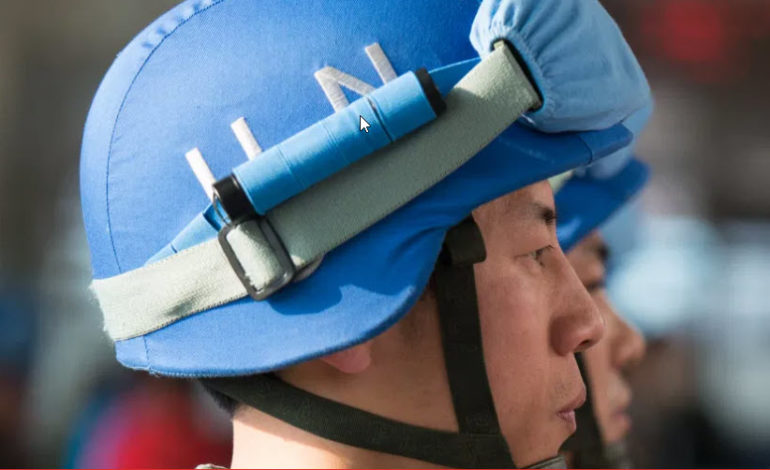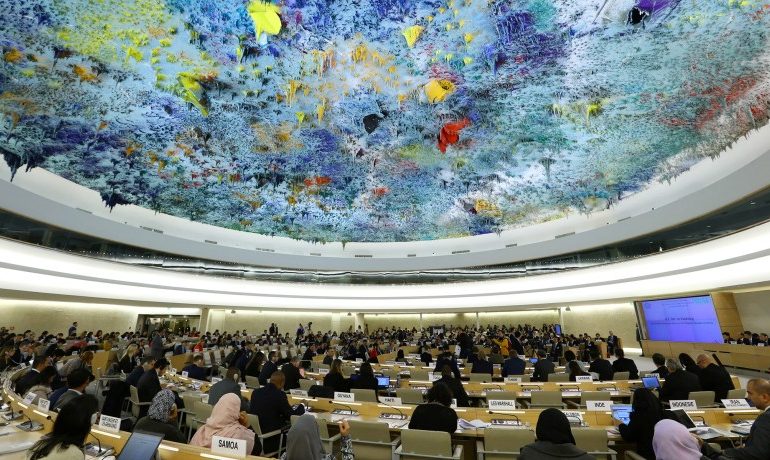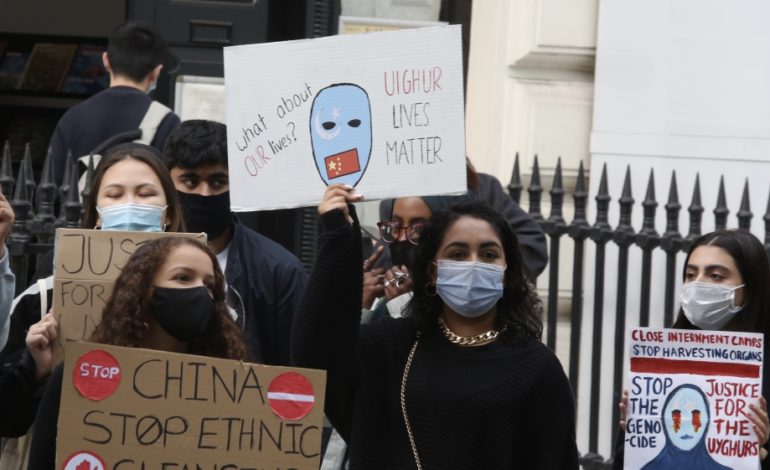
China’s pragmatic approach to UN peacekeeping
Richard Gowan
Monday, September 14, 2020
China’s involvement in United Nations peacekeeping is one of its better-known investments in the multilateral system.[1] But its contributions to blue helmet missions remain limited, and Beijing has taken a cautious approach to expanding its commitments. In 2015, Chinese President Xi Jinping impressed other leaders at the U.N. General Assembly with an offer of 8,000 troops to reinforce the organization’s operations.[2] As of June 30 of this year, there are 2,534 Chinese soldiers and police deployed with the U.N. This is 500 hundred fewer than when Xi made his pledge, and only just enough to secure its place among the top ten U.N. personnel contributors.
This figure is nonetheless more than double the combined total of personnel on U.N. missions from the other permanent members of the Security Council (the United States has just 29 soldiers and police serving with the U.N.). Beijing is also the second biggest financial contributor to the U.N. peacekeeping budget, now roughly $6 billion a year, covering 15% of costs. This is well behind the U.S., which is on the hook for 28% of the budget. But China’s status as P5 power, major funder, and (at least by P5 standards) significant personnel contributor to the U.N. is unique.
Some Western diplomats and analysts worry that China wants to reshape peacekeeping, reducing the U.N.’s focus on supporting human rights and democratic processes — which the Security Council has regularly inserted into mission mandates since end of the Cold War — and use blue helmet missions to prop up pro-Beijing leaders in Africa. The evidence for this is mixed. Beijing is wary of deploying large numbers of troops to high-risk theaters. In contrast to its frequent rows in the Security Council with the U.S. over Syria, it prefers to look for consensus on peacekeeping-related issues. This primer argues that while China does want to gain greater influence over U.N. operations, its overall attitude to blue helmet missions remains cautious.


